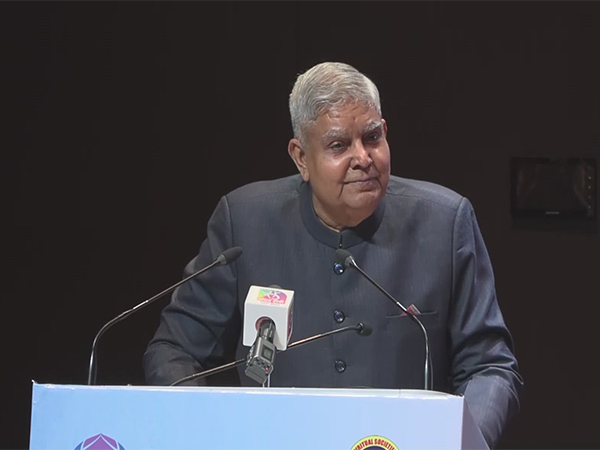Fewer hours, less pay and more anxiety greet Americans returning to work amid pandemic
Jun 09, 2020

Washington D.C. [USA], June 9 : Shorter duration of work hours, increased pay cuts and more responsibilities have become the new normal at workplaces for millions of Americans who returned to work amid the worst economic crisis in a generation owing to the coronavirus outbreak.
In addition to the unexpected discovery that their new positions are far more burdensome than the old ones, job security -- despite President Trump's recent proclamations about an economy on the mend -- remains anything but guaranteed, The Washington Post reported.
The local library near McHenry, Ill., is slashing Helaine Oleksy's hours.
At a country club near Latrobe, Pa., Claudia Martin is worried whether she'll earn enough in tips to make ends meet.
And at a luxury hotel in Miami, Iracema Arrieta is cleaning more rooms than usual -- without much of a boost to her pay.
New economic data released the Labor Department on Friday fueled the White House's fresh optimism, as the US jobless rate unexpectedly declined, with the official rate at 13.3 per cent in May from 14.7 per cent in April. Over the same period, the country also added more than 2.5 million jobs, the Department said, shocking experts who had expected a worsening in the market as a result of the deadly coronavirus pandemic.
But economists paint a far grimmer reality at a time when millions of Americans are still facing the prospect of prolonged unemployment. For those who did maintain their old jobs, newly unfavourable conditions have left many workers trading one set of anxieties for another, now fearful for their financial and physical safety.
"People are coming back to work in jobs that are very different than they were three months ago," said Robert Scott, a senior economist at the left-leaning Economic Policy Institute.
"They're very risky and there's a lot of uncertainty about what's to come. There's a rocky road ahead, and a lot of work on the economy left to be done," he added.
While roughly 30 million Americans are receiving unemployment benefits, some are retaking their old jobs as their states start to reopen. Their return to the workplace coincides with improving employment figures in hard-hit sectors such as retail and hospitality, said Nick Bunker, the economic research director for the job-listing site Indeed, who described the numbers as a sign of a "partial bounce-back." The data offers early, encouraging news, suggesting federal programs had helped in preventing even more widespread, lasting unemployment, experts said.
Still, top Trump administration officials heartily celebrated Friday's jobs numbers.
"Millions of Americans are still out of work, and the department remains focused on bringing Americans safely back to work and helping states deliver unemployment benefits to those who need them," Labor Secretary Eugene Scalia said in a statement on Friday.
"However, it appears the worst of the coronavirus's impact on the nation's job markets is behind us," the statement read further.

















